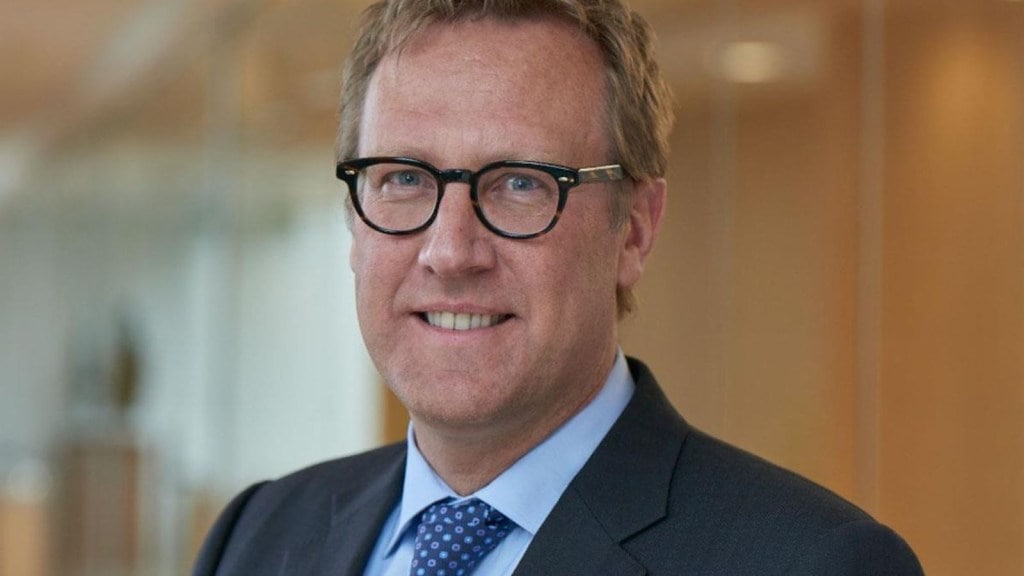London-based infrastructure investor Actis, which has already deployed over $2 billion in India, is now exploring ways to double its investments in the country in the next three to four years. Acknowledging India’s strong growth potential, Torbjorn Caesar, chairman of Actis, told Economic Times that India is currently one of the most attractive markets globally for infrastructure investment. This includes not only energy and renewables, but also roads, transportation, and digital infrastructure.
“India offers a deep and vibrant market that delivers better exits. We invest here not out of necessity, but because it is one of the best places globally to deploy capital today,” Caesar told ET, revealing why allocating a massive amount of capital to India is the ‘best opportunity’ they won’t let go.
Trump’s policies didn’t disrupt opportunity’
Despite global geopolitical uncertainties, including US-China tensions and changing trade sectors, Caesar believes the Indian market is one of the most stable and solid. “When we assess investments globally, tariffs or Trump-era policies haven’t really disrupted the opportunity set,” Caesar said. He added, “Infrastructure is local, built and consumed domestically, driven by demographics and urbanisation, not geopolitics. India still needs power, roads, and renewables to fuel growth.” Rising risks elsewhere, he added, make India even more attractive to investors.
Historically, Actis has played a key part in India’s infrastructure sector. The firm now plans to expand its footprint into newer areas like digital infrastructure. Caesar said that their approach is to combine capital gains strategies with long-term investments in operational assets. This will result in both stable returns and reinvestment opportunities.
India emerges as a global infrastructure investment hotspot
Competition in the Indian market has grown, with global giants like Blackstone and KKR entering the space. Yet Caesar sees this competition as validation of the market’s maturity rather than a threat. “We actually welcome competition. It keeps the market healthy and proves there’s an opportunity. Our edge is in being true operators across non-US, non-European markets, building and delivering infrastructure ourselves,” he said.
On India’s regulatory environment, Caesar added that its stability and transparency are compared with other emerging markets like Vietnam, Indonesia, Brazil, and Mexico. “If you look back almost 25-30 years to the early fast-track projects, those were among the first serious attempts to attract private capital into infrastructure. The journey since then has not been linear, with its share of ups and downs, but over the past 10-15 years, the transformation has been remarkable.”
The acquisition of Actis by General Atlantic in October 2024 has further given a major boost to the firm’s capabilities. Actis’ energy platforms, GA’s climate technology and AI infrastructure investments will allow knowledge sharing and scaling of sustainable infrastructure solutions. “We now have the scale to attract top talent and private capital into large, sustainable opportunities,” Caesar said.
Looking ahead, Caesar spoke about the growing energy demand in the aggressive AI era, electric vehicles, and urbanisation and how it will help create massive opportunities for renewable power investments. “Whether AI demand hits half or double current forecasts, the scale of opportunity in clean, reliable power is enormous,” he said.

